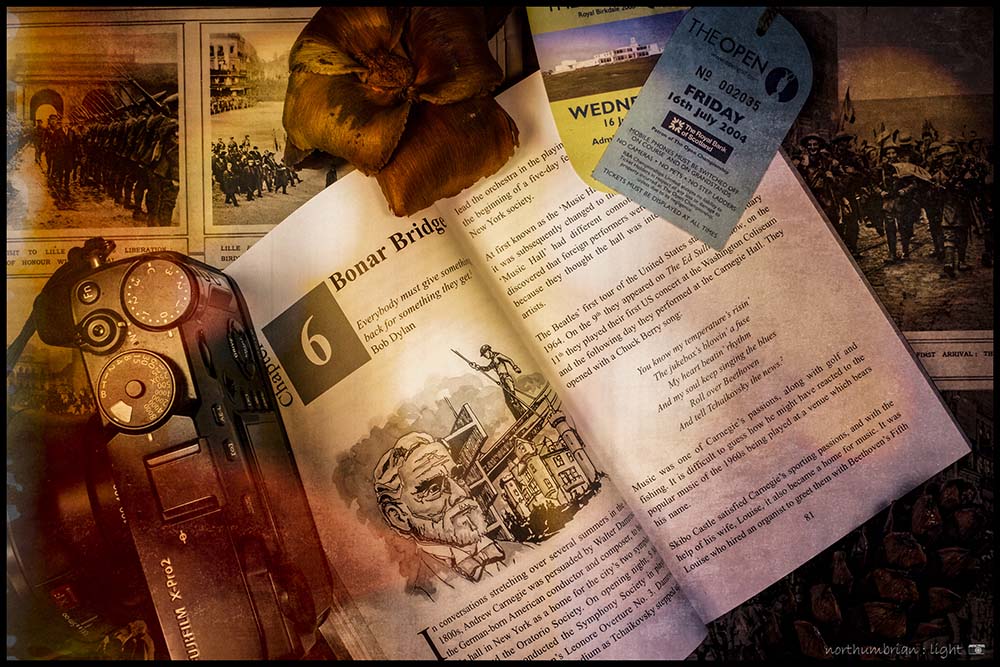Chapter 6: At first known as the ‘Music Hall Founded by Andrew Carnegie’, it was subsequently changed to the ‘Carnegie Hall’, as the term ‘Music Hall’ had different connotations in London. It was discovered that foreign performers were turning down invitations because they thought the hall was intended for cheap variety artists.
The Beatles’ first tour of the United States started on 7 February 1964. On the 9th they appeared on The Ed Sullivan Show, on the 11th they played their first US concert at the Washington Coliseum and the following day they performed at the Carnegie Hall. They opened with a Chuck Berry song:
You know my temperature’s risin’
The jukebox’s blowin’ a fuse
My heart beatin’ rhythm
And my soul keep singing the blues
Roll over Beethoven
And tell Tchaikovsky the news
Music was one of Carnegie’s passions, along with golf and fishing. It is difficult to guess how he might have reacted to the popular music of the 1960s being played at a venue which bears his name.
Skibo Castle satisfied Carnegie’s sporting passions, and with the help of his wife Louise it also became a home for music. It was Louise who hired an organist to greet them with Beethoven’s Fifth as they stepped over the threshold of their new home. The organist became a permanent institution:
Every morning we come down to breakfast greeted by swelling tones, beginning with a hymn or chorale, and swelling into selections from the oratorios, etc. In the evening our musician plays for us on our fine Bechstein piano … *
It would seem that castle guests had no hope of lying abed. In addition to the swelling tones of the organ, a lone piper would circle the main house before sweeping through the downstairs hall, assuring that all were awake and primed for breakfast, and then returning at dusk to ‘pipe’ the guests to dinner. **
As well as revelling in her role as the sadistic host, Louise Whitfield Carnegie also played golf.
* Louise Whitfield Carnegie: The Life of Mrs Andrew Carnegie by Burton Hendrick and Daniel Henderson
** David Nasaw’s, Andrew Carnegie – Chapter 29 – We Now Want to Take Root 1897-1898.

